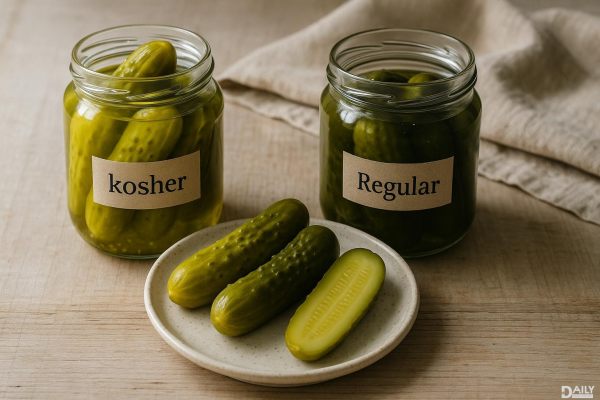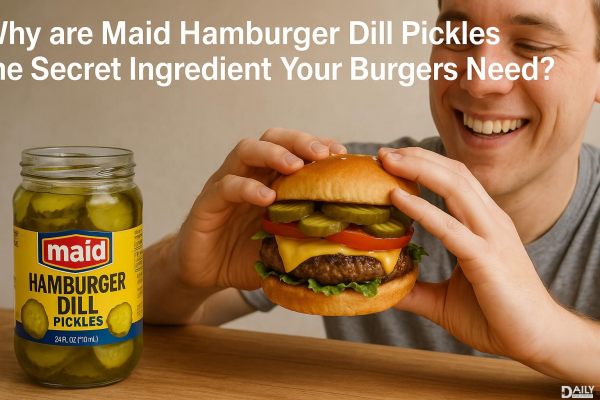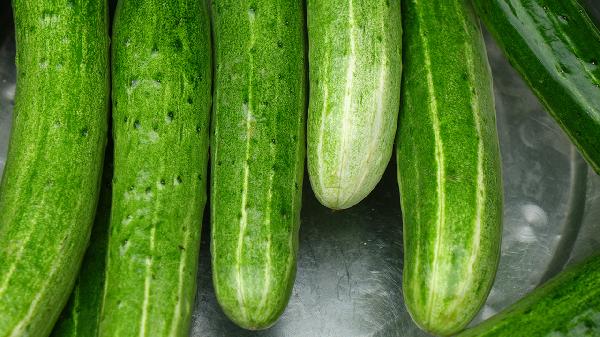Can the right diet actually slow down aging? Science suggests it might—especially if you're feeding your brain the good stuff. The MIND diet, a hybrid of the Mediterranean and DASH eating patterns, has been making waves in longevity research for its potential to protect cognitive function and even dial back biological aging. A study tracking over 1,600 adults found that those adhering to this diet had slower cellular aging markers compared to peers eating standard Western fare. But before you start stockpiling kale and walnuts, let’s unpack how this works—and whether it’s legit or just another wellness trend with a fancy acronym.
The Science Behind the MIND Diet’s Anti-Aging Claims
At its core, the MIND diet isn’t just about eating "clean"—it’s a targeted strategy to combat oxidative stress and inflammation, two major drivers of brain aging. "Think of it as armor for your neurons," explains Dr. Nicola Guess. The diet’s emphasis on polyphenol-rich foods (like berries and olive oil) and omega-3s (from fish and nuts) directly supports synaptic plasticity—the brain’s ability to rewire itself. A 2023 study in Nature Aging found that participants with higher adherence to the diet showed thicker cortical brain regions, typically associated with slower cognitive decline. But here’s the kicker: The benefits appear dose-dependent. Even moderate followers saw a 35% lower Alzheimer’s risk, while strict adherents clocked in at 53%.
Beyond Dementia: Unexpected Perks of the MIND Diet
While the brain-boosting effects steal headlines, this eating pattern might be a multitasker. Research hints at collateral benefits like improved gut microbiome diversity (thanks to all those fibrous veggies and legumes) and better cardiovascular health. "The same anti-inflammatory compounds that protect neurons also reduce arterial stiffness," notes dietitian Martha Theran. A 2022 meta-analysis linked the diet to lower LDL cholesterol and blood pressure—likely due to its olive-oil-for-butter swaps and minimal processed meats. There’s even emerging evidence it could stabilize mood; a Translational Psychiatry study correlated the diet with lower depression scores, possibly via its impact on serotonin-producing gut bacteria.
The Fine Print: Who Should (and Shouldn’t) Try This
Though the MIND diet gets rave reviews, it’s not a one-size-fits-all solution. Nut allergies? Swap in seeds like pumpkin or sunflower for similar fats and vitamin E. On blood thinners? Work with your doctor to balance leafy greens (packed with vitamin K) with medication timing. Budget concerns? Frozen berries and store-brand olive oil deliver comparable benefits to pricier fresh options. Dr. Guess emphasizes that perfection isn’t the goal: "Even adding two berry servings weekly or swapping mayo for avocado moves the needle." For those with histamine intolerance, though, aged cheeses and fermented foods—staples in traditional Mediterranean diets—might need moderation.
How to Hack the MIND Diet for Real Life
because mental health matters too. As Dr. Guess puts it: "The best diet is one you can stick to while still living your life." So if slowing aging starts at the end of your fork, this approach might just buy you—and your brain—some extra quality time.
Bottom line? The MIND diet isn’t a magic bullet, but it’s a science-backed tool in the longevity toolkit. Pair it with quality sleep, stress management, and physical activity, and you’ve got a solid defense against Father Time. Now pass the olive oil.
























